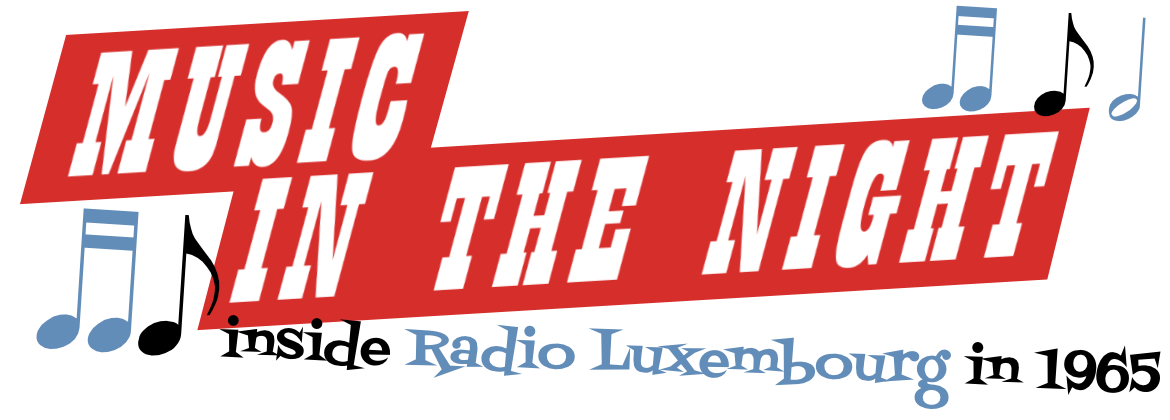The history of Luxembourg began on Palm Sunday, 12th April 963, when Sigfroi, Count of the Ardennes, took possession of a small castle and named it Lucilinburhuc (little fortress); it gave the name of Luxembourg to the city which grew around it. The history of Radio Luxembourg began on 29th December 1930 when a group of Frenchmen, men of vision, received Government authorisation to operate a commercial radio station in Luxembourg. This station has since led the world in commercial sound broadcasting.
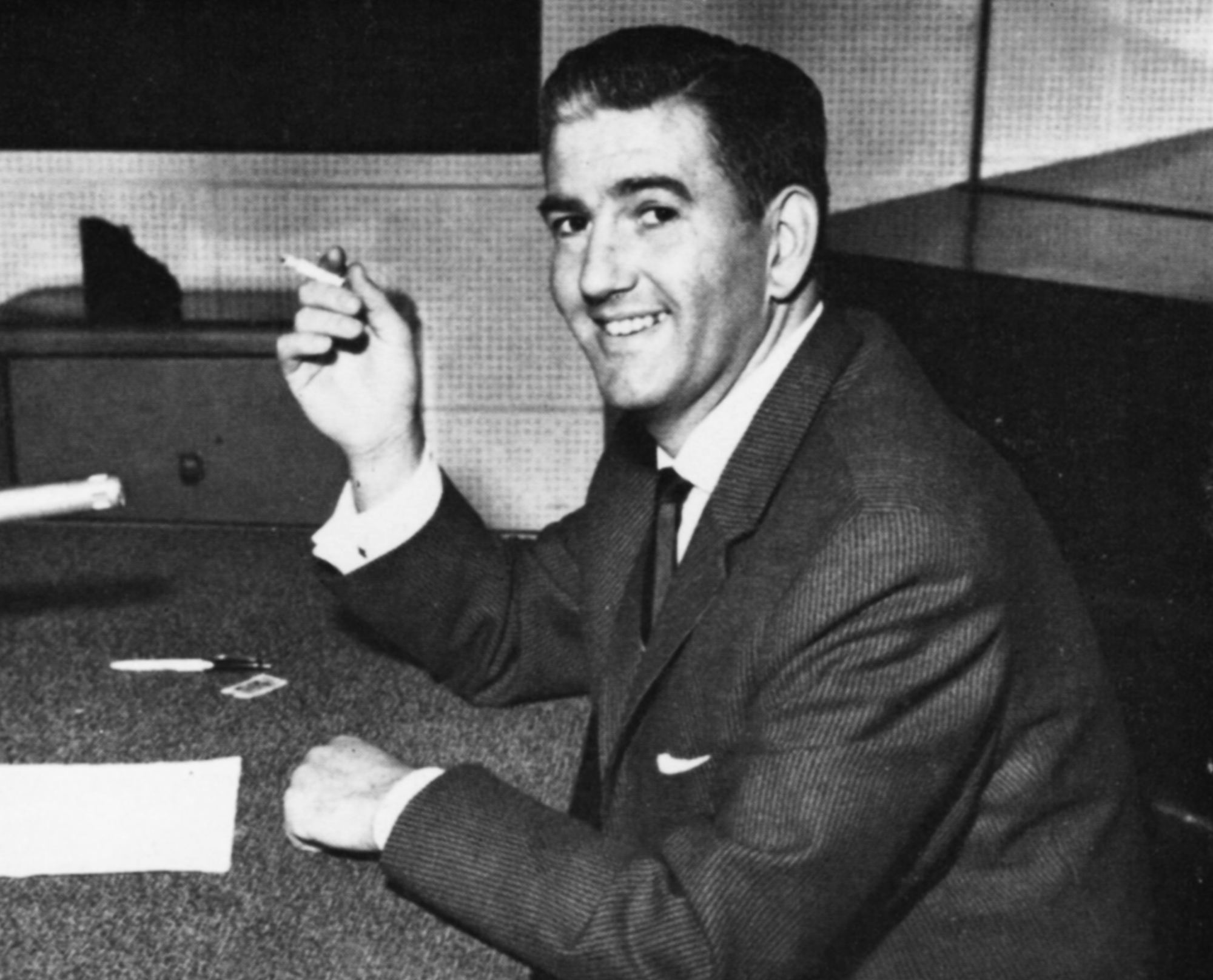
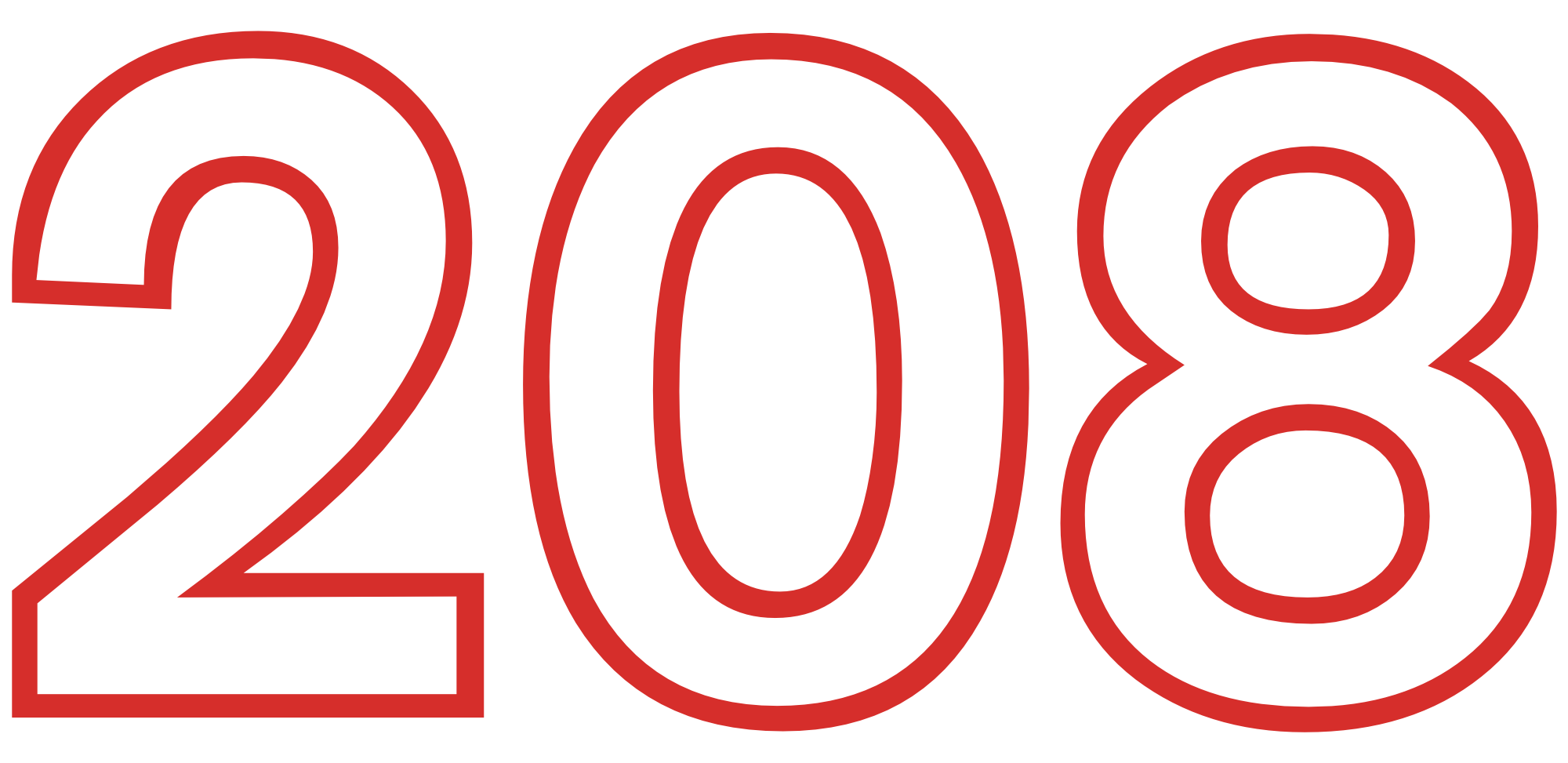
Today Radio Luxembourg accepts the challenge of competition, confident of a traditional past and a healthy, robust future. The world has changed; techniques have changed in sales promotion and marketing.
Radio Luxembourg has moved with the changing times, progressively conscious of the needs of the public it serves. It has weathered the challenge offered by commercial television, as indeed, it will weather all other challenges. There are roughly fifteen million transistor radio sets in the United Kingdom; a high proportion are in the hands of young people — people with a high spending index. This is an immense market no advertiser can afford to disregard.
What advantages can Radio Luxembourg offer to that advertiser? To begin with, we feel, that with the vast experience of thirty years commercial broadcasting behind us, we can often advise a client and guide him in his campaign. We have even advised an agency that Radio Luxembourg would not produce satisfactory results for a particular client; a reputation for integrity has stood us in good stead over the years. Secondly, we believe the station is advantageous to a client because it is inexpensive. When we made a small increase in our rates in January 1964 we promised that there would be no further increase for two years so as to give agencies the chance of accurately planning a budget. Thirdly, in this specialised market, we can compete with and beat all other media when it comes to cost per thousand, and fourthly, we are truly National — from Land’s End to John o’ Groats, Radio Luxembourg is a household word.
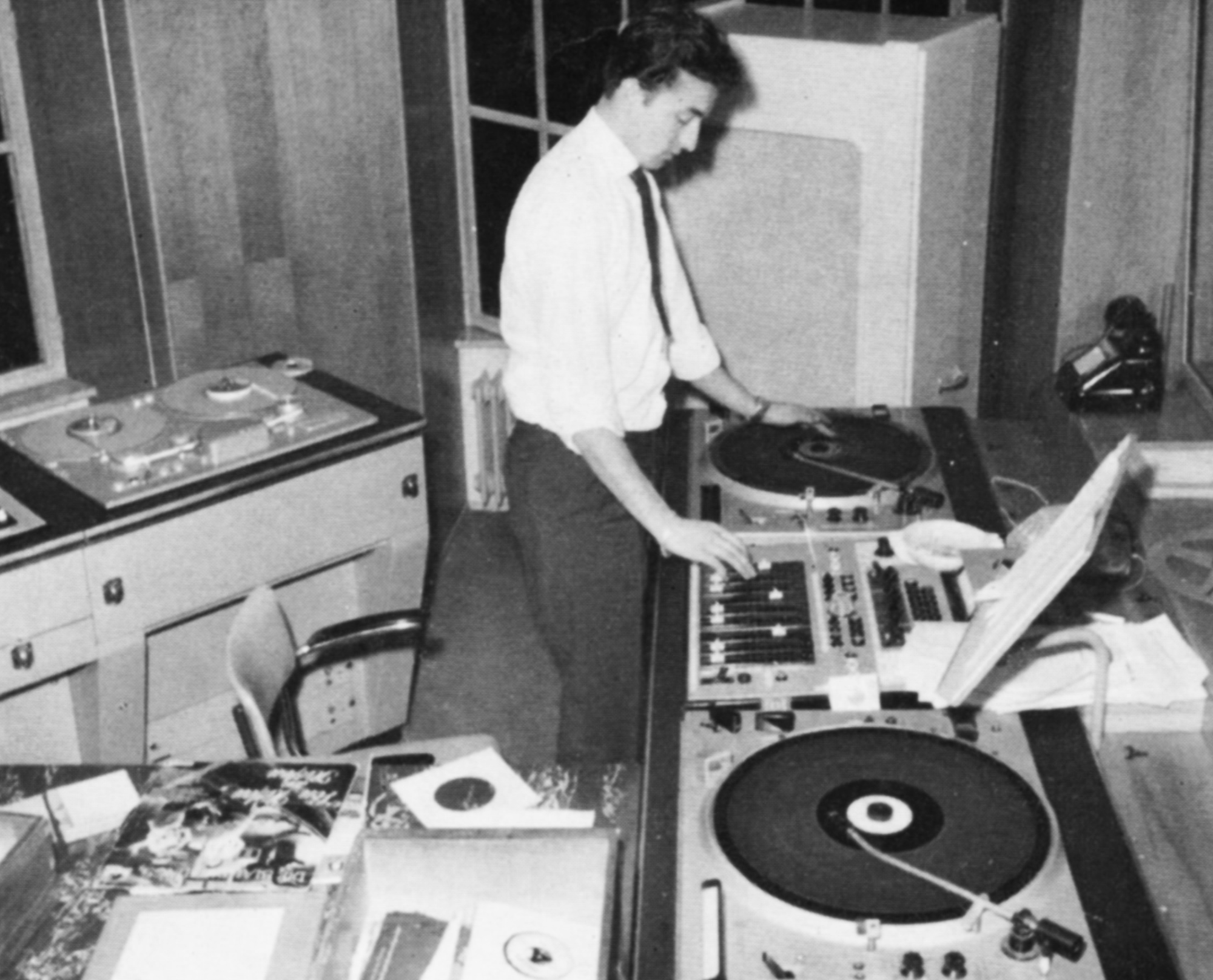
1950 FLASHBACKS 1959
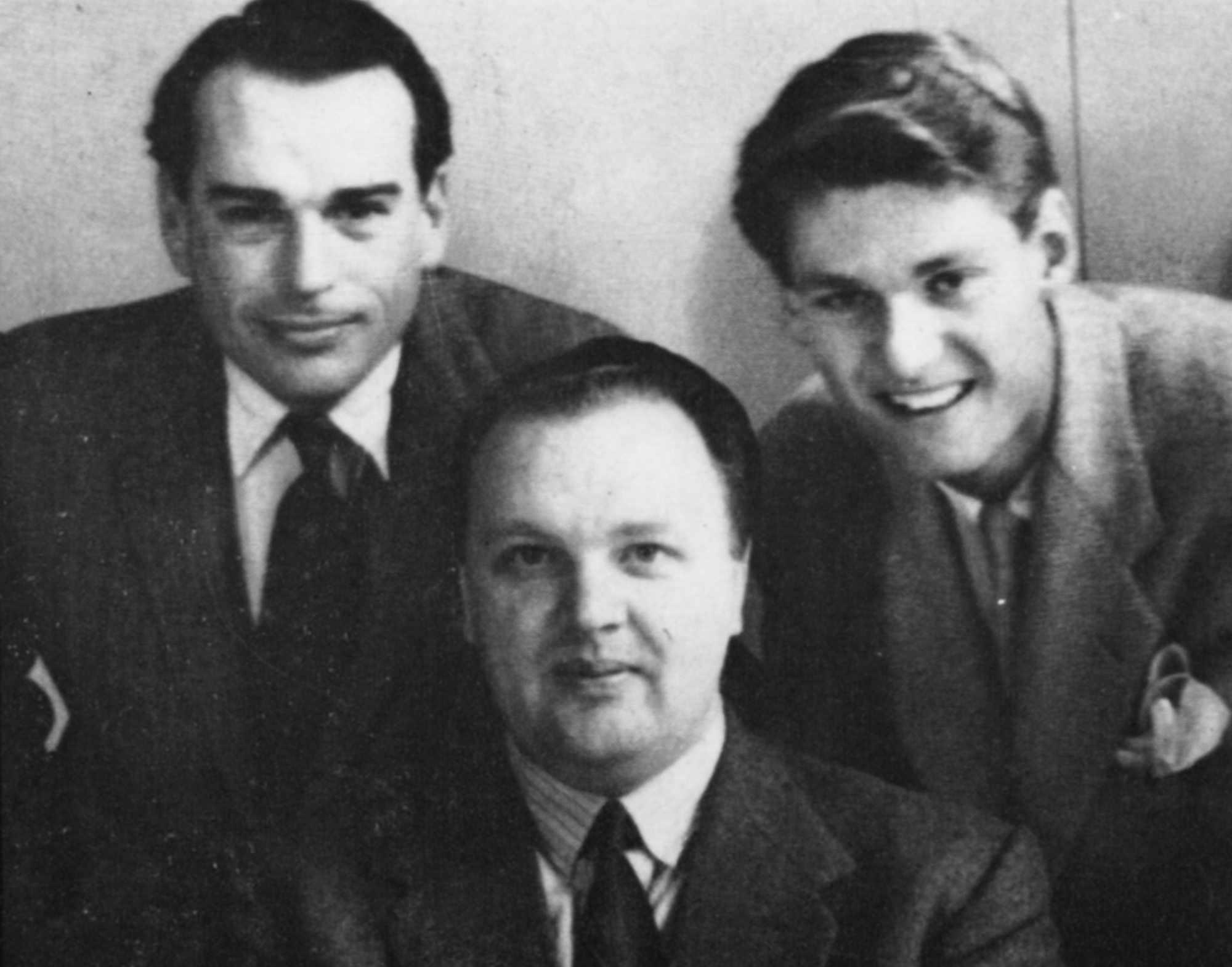
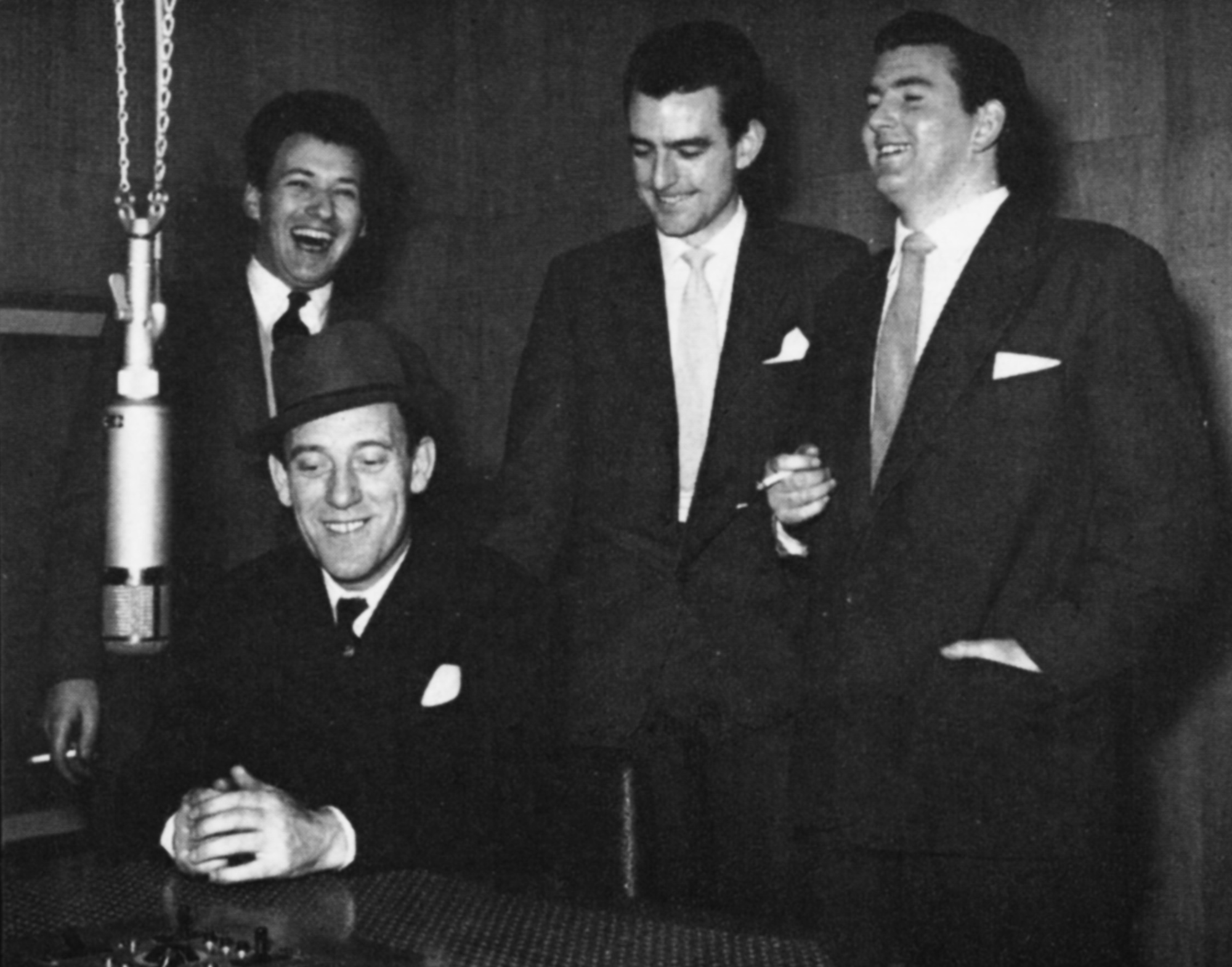
As a commercial radio station it is extremely difficult for us to be trendsetters, and far too often we have to be trend followers, but we are now coming to grips with the biggest problem in attracting audiences today — that of producing programmes which have a common interest to the teenager and their parents. In attempting to do this we are extending the already wide coverage open to the advertiser.
The station in the Grand Duchy of Luxembourg would be an eye-opener to millions of our listeners who obviously would not imagine that the programmes come from a palatial building which has the grandeur of a Royal Palace. On the top floor is Tele-Luxembourg, the country’s own television service. There are splendidly equipped studios, a vast record library and a magnificent concert hall.
Beautifully laid out in a park of pine-wood trees, yet only minutes walk from the city centre, the building is a piece of history, but at the same time is utilising the most modern broadcasting techniques on a large scale, with transmissions in many European languages, The sound broadcasting transmitters at Marnach and Junglinster are constantly being modernised, and frequent improvements take place in a continuous effort to produce the best possible reception.
The Grand Duchy is only a matter of 62 miles from top to bottom, and 37 miles across at the widest part; the whole country barely covers 1,000 square miles. Its principal industry is steel, and second to this comes the income derived from Radio Luxembourg — a vital cog in the country’s wheel of commerce.

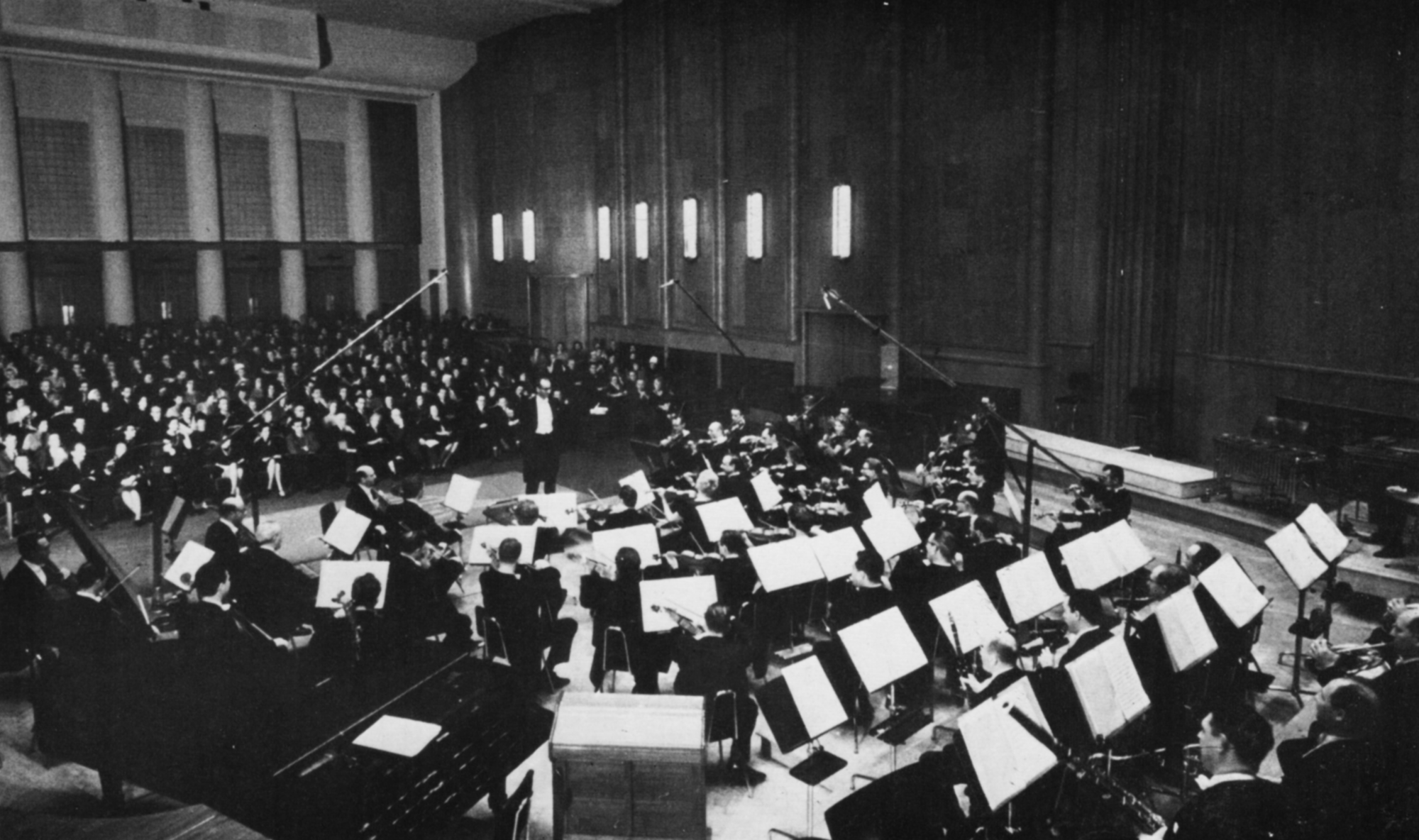
Radio Luxembourg has yet another unique service to offer advertisers — the most perfect merchandising, marketing, and advertising operation — by means of their outside broadcasts, a type of radio sponsorship which only Luxembourg can provide. With a top show of entertainers a tour of the country is organised. Is this expensive? Yes, it is, on the one hand but not on the other. Cost can be considerably reduced by recording two radio programmes from each night’s performance, thus halving certain production costs. A tour of thirteen main centres, therefore, produces a series of twenty-six programmes. Just part of the service which this great commercial radio organisation can provide. When Sigfroi took possession of a small castle in 963, he was unwittingly creating an unrivalled service for advertisers a thousand years later.

